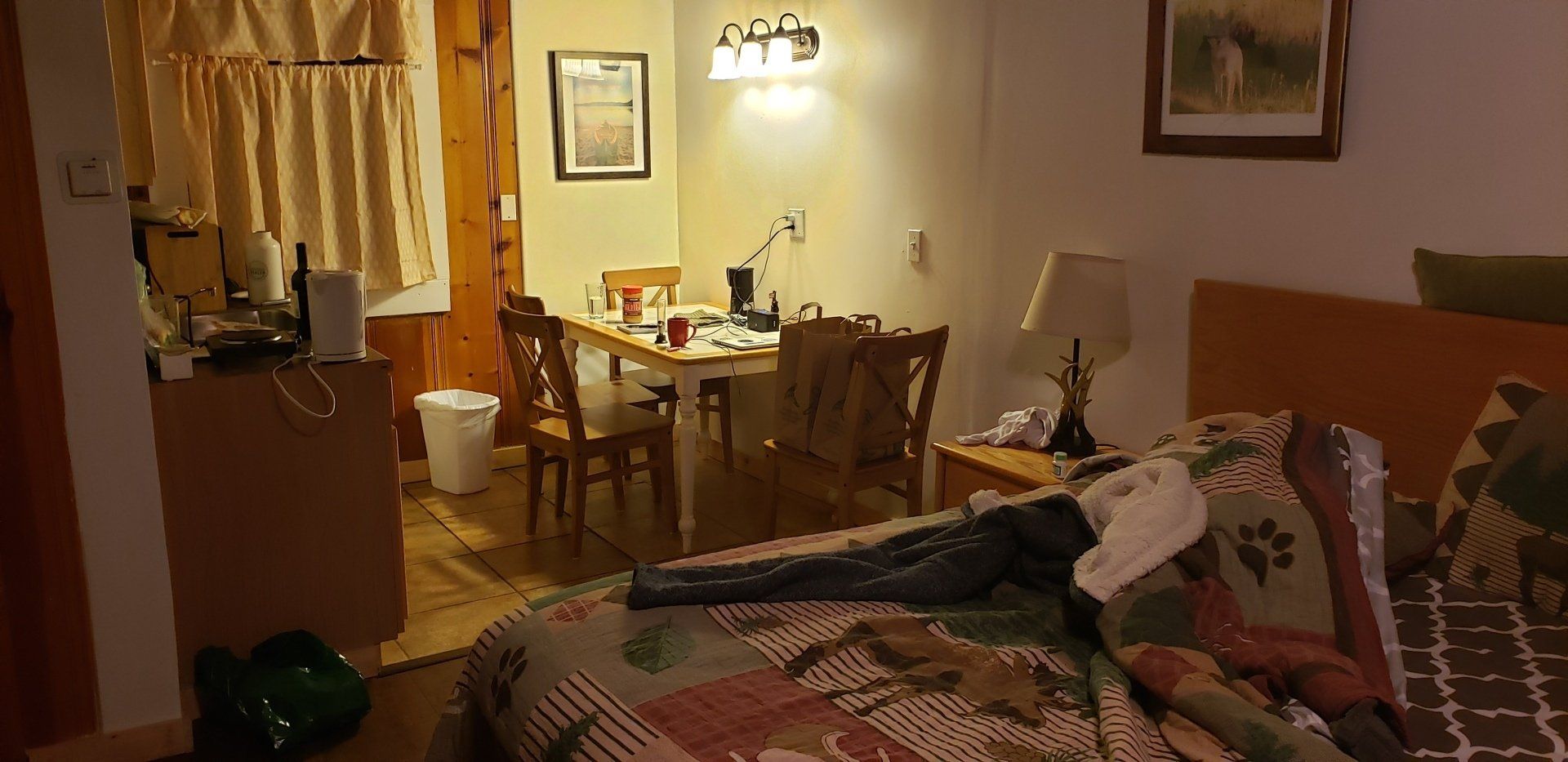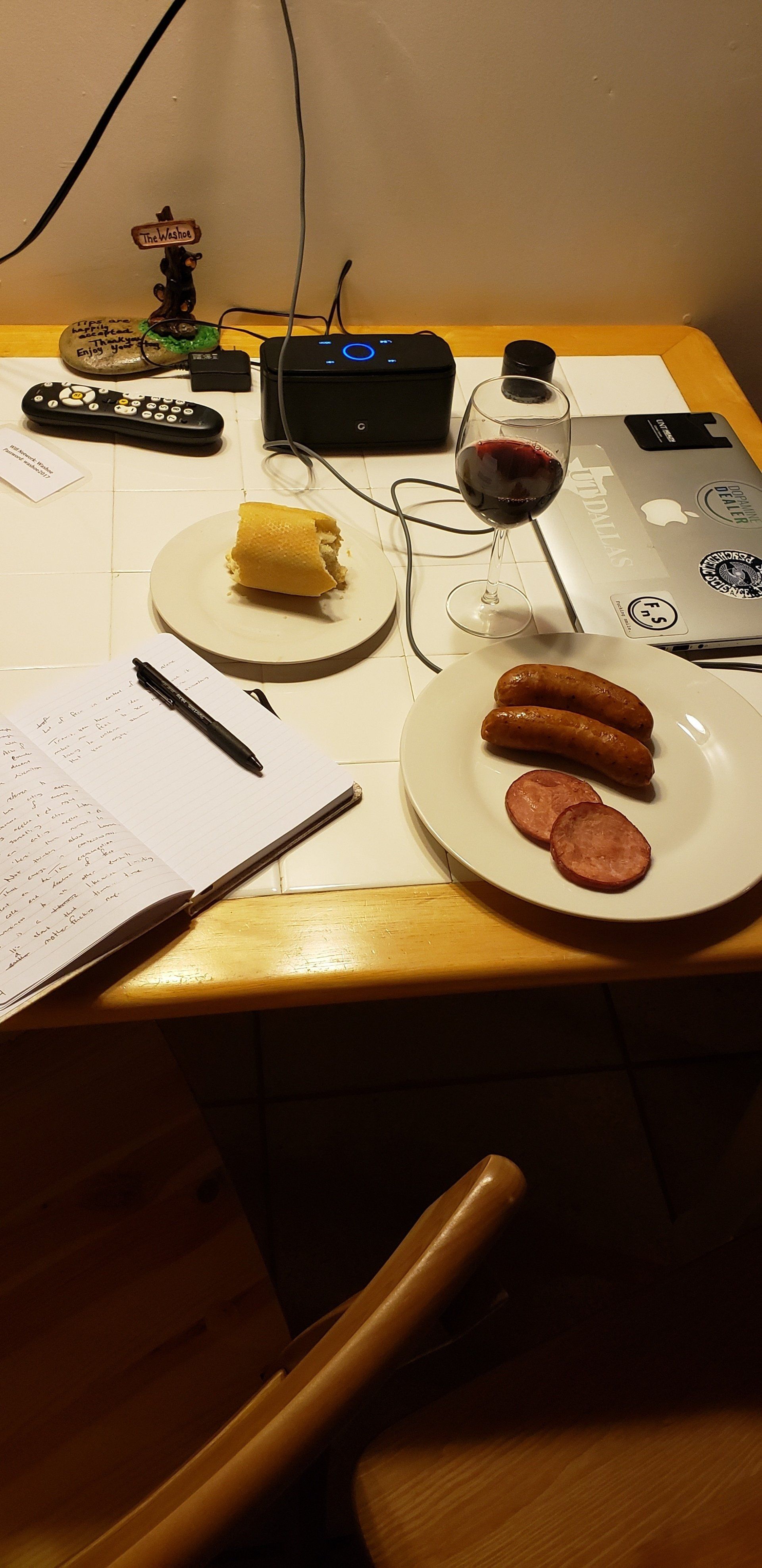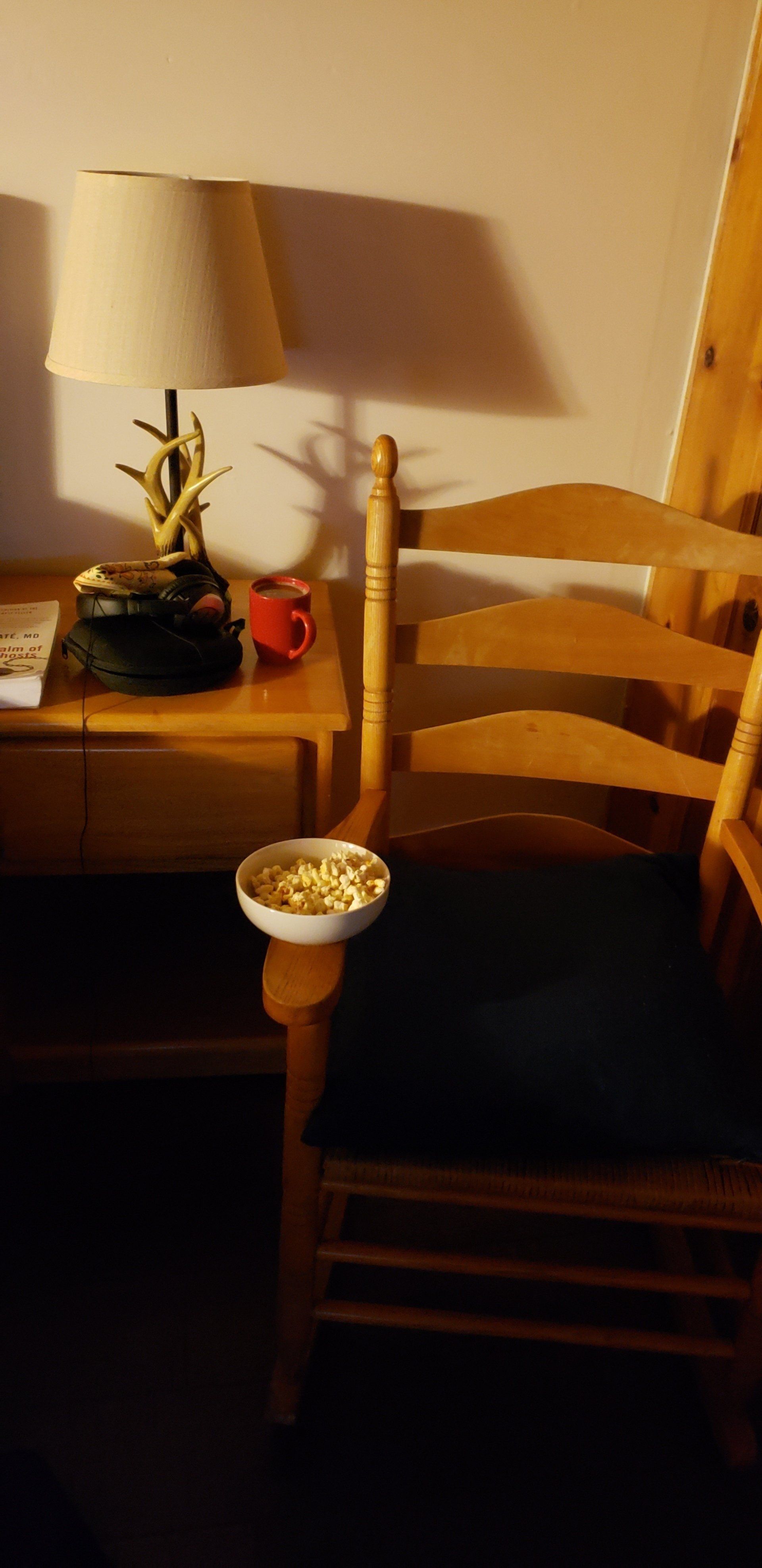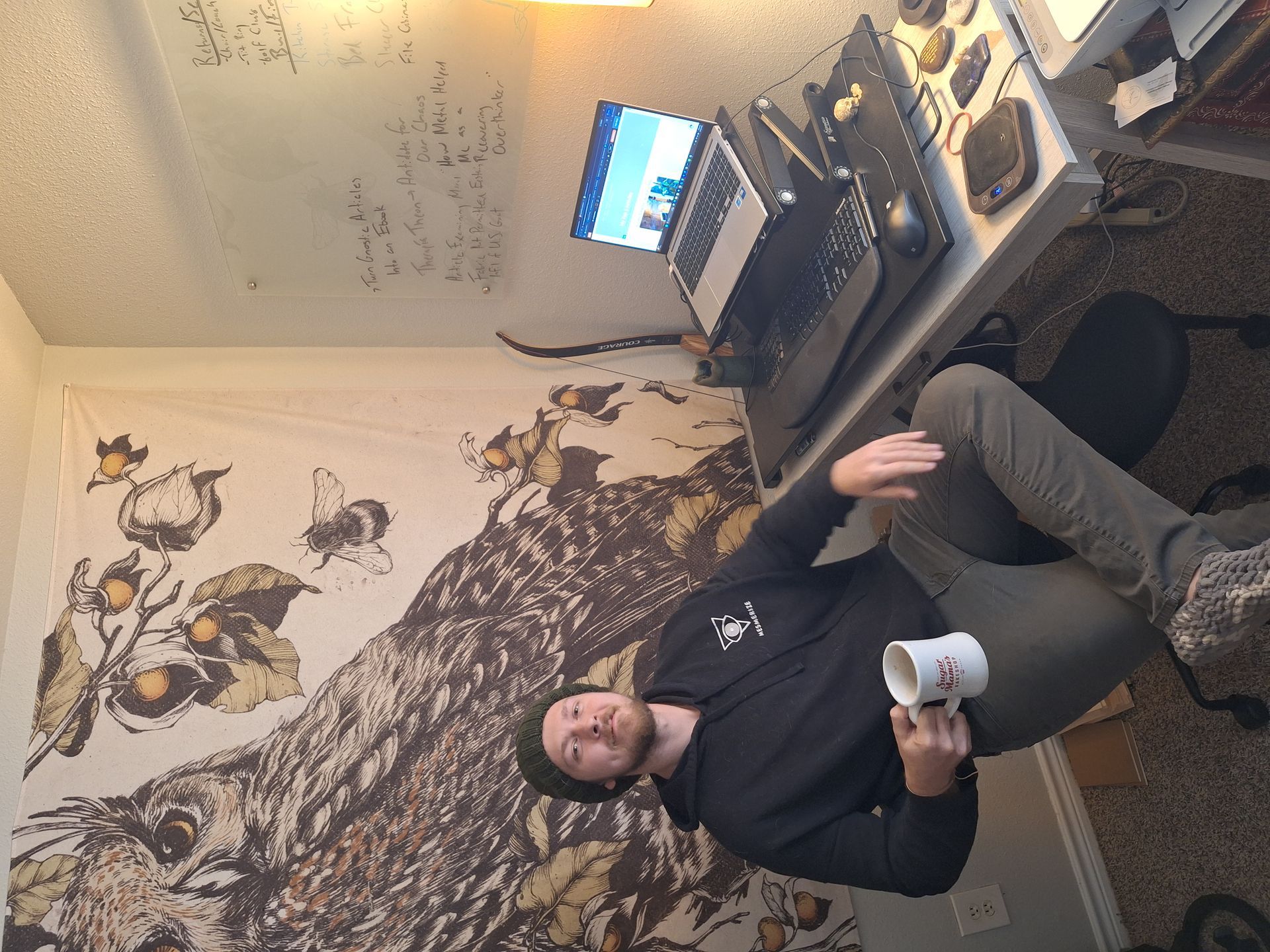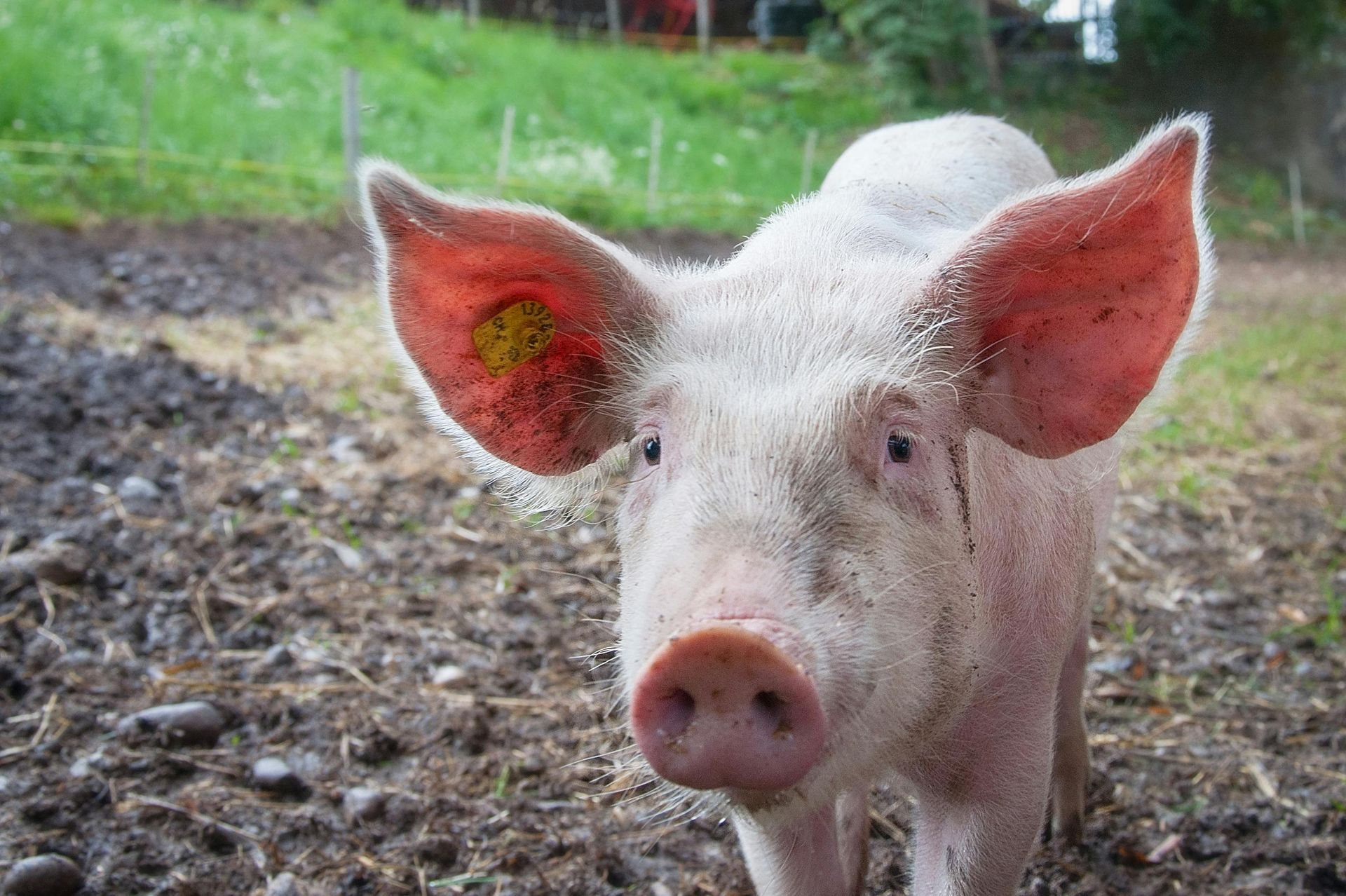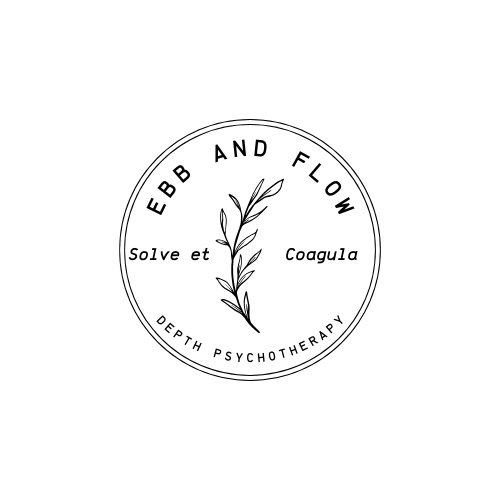There is only so much awareness that is available to us. Within our own bodies are myriad events, machinations, and grumblings that could consume the entirety of our attention. If we had no capacity to tune out aspects of our existence, we would be overwhelmed by the sheer infinitude of what goes on.
The caveat here is that we can tune things out for so long that we forget about them entirely, exclude them from our lexicon of what is. It is not always natural to feel the wind on our face or taste fully the ensemble of flavors that grace our palates. There is beauty and transcendence in mundanity so long as we can remember to feel it fully.
The mundane has always been a source of profound interest to me. The goings-ons in laundromats and corner markets has often brought greater fascination than the glamorous glow and ornamented fabric of restaurants and bars, those establishments that carefully curate the image of the “good life.” Pictures of curbsides, people on the train, cabins settled in by weary and curious travelers, such stills hold a different beauty than serene landscapes and choreographed portraits.
"It is not always natural to feel the wind on our face or taste fully the ensemble of flavors that grace our palates. There is beauty and transcendence in mundanity so long as we can remember to feel it fully."
The Japanese are masters of capturing the splendor of everyday life. Miyazaki is a famous and stellar example, but the magic of the mundane permeates much of their culture. The short line of a ramen shop open late on a weeknight, tiny bars accommodating small troupes of overworked men in suits, that special sanctity afforded the bare student apartment containing only the necessities to fuel study.
Our culture places an emphasis on exuberant ecstasy and peak experience. We are fatted on extravagance. Even our healing communities place a premium on full and wild expression. It’s been a problem since the actualization therapies of the 1970s. The meek and mild-mannered are considered only in terms of their societal programming, let the fury of your wild beast be unleashed! Yet it is not always so, and with every peak comes a valley, every high a low. Is it any wonder we are given to diseases of excess?
"Our culture places an emphasis on exuberant ecstasy and peak experience. We are fatted on extravagance."
Striving for experience is the root of all false mysticism. Experiences are important. Psychedelics, intimate connection with groups of strangers, cataclysmic events that rend our hearts open: these can help to disrupt old modes of being and open our eyes to what is possible. But altered states do not become altered traits without solidifying through practice in our habitual state.
The goal of growing in awareness is to be fully present to experience no matter how we might hierarchically organize them. If we ask our experiences to be pleasant enough, intense enough to draw our attention, then we forfeit a degree of our divine power. Sex no doubt more readily draws our awareness, but the better we are able to maintain presence folding the laundry, the greater the degree we can be with our partner in these exquisite moments.
It is natural for us to view ourselves as separate from the reality in which we live, a logical conclusion/ By separating we make way for an integration that encompasses the parts and creates a greater whole. When the illusion of our separateness evaporates with the ingestion of sacred medicine, nature immersion, or an encounter with death, we must recognize that these hint at the Truth of our condition! When we inevitably sink back into our separateness, we can attribute the union to pharmacological action, relaxing of attention, etc. “I can remember if I read this book, watch this video, eat this mushroom.” Divine union is, however, the state of things. There is nothing we have to do – we are already doing it.
"Altered states do not become altered traits without solidifying through practice in our habitual state."
Inner guidance is not a rationality-defying, magical-mystical phenomenon. It exists at all of these levels, and the parts of us that see the world in magic and in myth, the foundations upon which we are built, can easily delight in it. This is something to be cherished! Rationality grapples with inner guidance and divinity because it is transrational, i.e. non-rational. It transcends and includes rationality. It is the ultimate Nature reaching down to unite us with It, to bring us into ever closer alignment or resonance. It is a means to bridge the default state into the grand flow. People will push this adaptogen latté or that microdosing regimen or this plant medicine retreat; it is not that these things can’t be helpful, but if we approach them with the idea that it is the experiences or the products, anything external to US that is doing the work, then we are caught in the wheel. How many times do we need to drink the brew, exactly, before we pick up the message? (I’ll caveat this by saying I will more-than-likely work with plant medicines for the entire span of my life – but I will recognize what they put me in touch with and that they are manifestations of the same thing that I AM).
"Finding beauty and coherence where you are now is one of the best things you can do to get to where you would like to be. "
There are those for whom 1200 micrograms of LSD (~7x the standard dose) has little effect. If one already perceives reality as it is, there is little that these agents can do! It is our divine right to acknowledge and experience this union, but it is not divorced from the reality of lived experience. All things into the present and beyond into the future, which is also the present, occur in Spirit, occur in God. There is nothing that is, nothing that happens, that is not Spirit, that is not God. God is in the shower after work, in putting the children to bed, wiping our ass, wallowing in our miseries, powerful mountaintop mushroom-assisted epiphanies, and death-defying sex. The beauty of peak experiences is to show us what is always possible and available, to feel the river course through our heart and the volcano rise in our belly, and to know that we can live a life free from compulsion, blame, and hatred. Their danger is that we can become dependent upon them. The answers we find in peak experiences are so simple they often make us laugh, particularly if you take yourself too seriously like I tend to.
In the US in particular, there is a propensity to confuse medicine with health. There are many who are chronically medicated but remain in deleterious health, whether it be beta-blockers, caffeine, or ayahuasca. Medicine is meant to restore our alignment, not be it. Our lives will call for medicines of many different varieties; to fall back into those prisons of our own construction is something all too human. But perhaps the most powerful medicine is the acceptance of the magic of the mundane.
There is a delicate balance to be struck through acceptance and striving. However, finding beauty and coherence where you are now is one of the best things you can do to get to where you would like to be.
All of this is counter-intuitive until you remember what intuition is.
If you find difficulty with finding peace in the present moment, get in touch with me and we'll learn to work with life in way that it becomes a never-ending dance and adventure.

